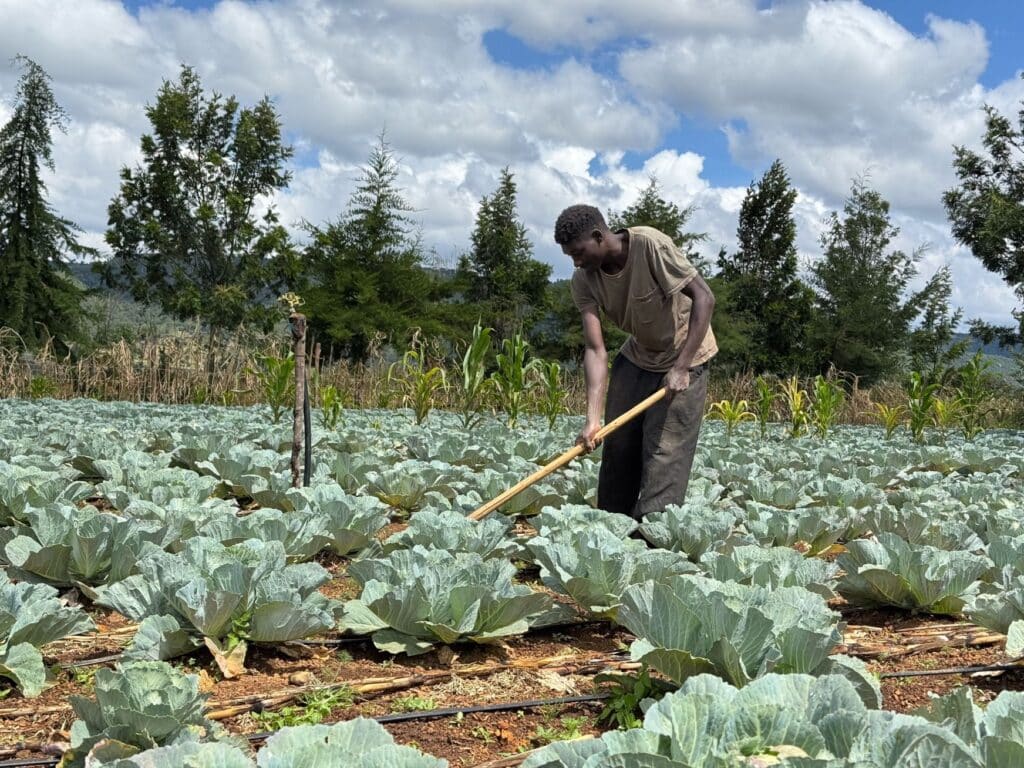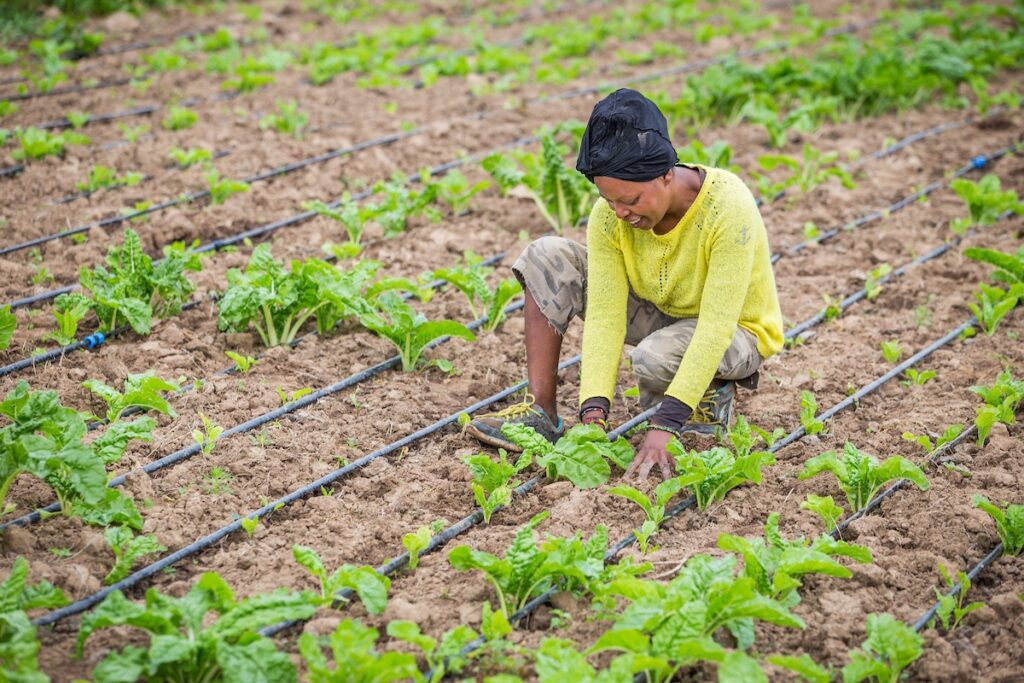
Solutions to reduce post-harvest loss for Smallholder Farmers
New research highlights the value chains most impacted by post-harvest losses and identifies key areas where innovation is essential to support smallholder farmers and women to raise their incomes while lowering emissions across Africa and India.
Post-harvest losses (PHL) in emerging markets undermine global food security, limit smallholder farmer incomes, and substantially contribute to food waste worldwide. Addressing these losses presents an estimated annual economic opportunity of $1 trillion, with the potential to boost incomes for over 400 million individuals globally by 15% and reduce up to 10% of human-generated greenhouse gas emissions.
The research sought to identify solutions that can address PHL within the context of the challenges that smallholder farmers face. Current solutions to address PHL often require access to electricity grids, which remain limited in many emerging markets, creating a significant barrier to adoption for smallholder farmers. Even where grid access is available, energy-intensive technologies can further increase carbon emissions, exacerbating climate challenges rather than mitigating them.

The study evaluates innovative solutions targeting PHL in India, Nigeria, and Kenya, where annual post-harvest loss costs exceed $21 billion. The research was a collaborative effort between Factor E, ISF Advisors, AndMore Associates, and MicroSave Consulting, with co-funding from Shell Foundation and the UK government through the CASEE partnership. It forms part of Shell Foundation’s broader strategy aimed at enabling 850,000 farmers to increase their earnings while reducing emissions via clean solutions over five years.
Ten priority crops were identified as strong candidates for innovation: in India, paddy rice, wheat, onion, and mustard; in Kenya, mangoes, avocados, and potatoes due to high perishability; and in Nigeria, cassava and yam. These crops represent those of highest value for smallholder farmers and most impacted by PHL.
Effective reduction of post-harvest losses requires implementing innovative interventions at various stages along these value chains.
To help identify solutions, an innovation prize – organised by Factor E and Shell Foundation and co-funded with UK aid from the UK government – was launched in 2024. Nearly 800 entries were considered, resulting in seven technologies being shortlisted as finalists in areas such as cold chain management, drying, processing, and warehousing.
Supporting innovative solutions is vital to achieving substantial progress in reducing post-harvest losses. The adoption of mechanised harvesting tools can greatly diminish physical damage and improve produce quality. Advanced drying technologies – solar dryers for example – enable precise moisture control and prevent spoilage. Investments in affordable cold storage solutions, including solar-powered community cooling hubs, extend shelf life for perishable goods. Local small-scale processing mills empower farmers to enhance crop value, access new markets, and increase income.
Ongoing innovation is critical for increasing incomes for smallholder farmers across the world while lowering total emissions. By identifying and scaling novel technologies and business models, the agricultural sector can significantly advance sustainability efforts, enhance smallholder farmer livelihoods, and contribute meaningfully to global greenhouse gas reduction targets.
Latest news and updates

How solar irrigation is transforming the lives of smallholder farmers in Kenya – lessons and the road ahead
Solar-powered irrigation is helping smallholder farmers in Kenya build resilience to climate shocks, improve nutrition, and reduce post-harvest losses.
28th January 2026
Building climate change resilience: The impact of cold chain adoption for Lake Turkana’s fishers
Cold chain adoption helps Lake Turkana fishers reduce spoilage, increase incomes, and build resilience to climate change.
09th December 2025















